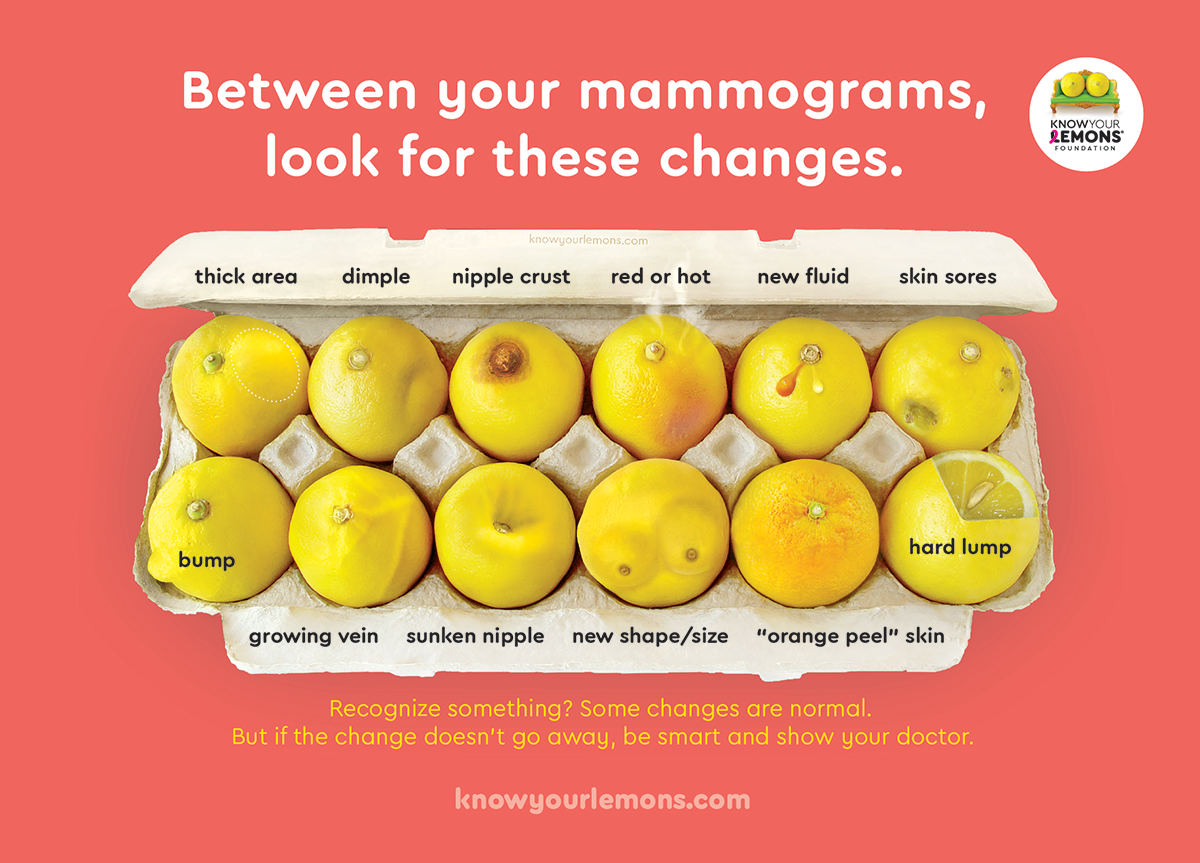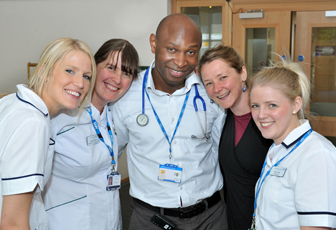.Patients can be referred to the Breast Care team by their GP with breast pain, breast lumps and nipple lesions as “cancer suspected” or “cancer not suspected”. This is done via the “two-week wait” system and by the “Choose and Book” route for routine referrals. Referrals can also be done via the Breast Screening Service or occasionally via Accident and Emergency or from the wards. Patients who have a family history of breast cancer are also referred. We are one of the few trusts, certainly in the West Midlands, that nearly always see all our “two-week wait” patients within this time period.
What to expect at your appointment
Every attempt is made to keep all the clinics on time but sometimes the demands on the service make this difficult. Occasionally it is necessary to see some patients out of time order so that we can make the best use of our resources. Please bear with us as we will always do our best to see each patient as quickly and as effectively as possible.
Please allow two to three hours for your visit as a new patient. Although many patients are in the department for a much shorter period of time. You are welcome to bring a friend/partner with you, both to the initial visit and for any follow-up visits. Interpreter services are available on request.
On arrival, if you are a new patient, we will ask you to fill in an information leaflet (which can be filled in by you prior to your visit if you wish). A breast concern requires what is called the “triple assessment” approach. The three elements are clinical, radiological and pathological. Not all patients will require the full triple assessment with the majority needing only the clinical and radiological assessments.
Clinical Assessment
Firstly, the doctor will take a full history of your breast problem plus background information such as any previous breast problems, family history, use of Hormone Replacement Therapy (HRT), previous mammograms etc. and an inquiry made about your general health and medication. Please make reception aware if you would like a chaperone.
Radiological AssessmentIn many, but not all, cases the doctor will recommend that you have some breast imaging. This may be a mammogram - an X-ray technique used to examine the breast. Both breasts will be examined. The breast is held firmly between two plastic plates and X-ray pictures are taken; or an ultrasound scan - a painless test, that only takes a few minutes, where a special gel is placed on the breast and a small probe emitting sound waves, is passed over the area. Mammograms are performed in women over the age of 40 and ultrasound scans in women under 40, a woman over 40 may have both a mammogram and an ultrasound.
Pathological Assessment
Sometimes, a core biopsy needs to be taken to obtain pieces of breast tissue that need further investigation for diagnosis. A local anesthetic is used to numb the area and make the procedure as comfortable as possible. The biopsy is done under either ultrasound, X-ray guidance or occasionally by the breast doctor in the clinic. Any specimen of breast tissue taken is sent to the pathology laboratory to be examined which can take up to fourteen days. The breast can bruise and be tender following a core biopsy, and if you came to the clinic with a lump, this can make it feel like it has got bigger but generally it settles within seven days. You may be offered an appointment to come back to the breast clinic within the following two weeks to discuss the results of your investigations. Otherwise, you will be contacted by letter with your investigation results, a copy of the letter will also be sent to your GP. You can read more in this biopsy leaflet here.
Whenever possible, all investigations are undertaken at one appointment, however, there are times when this is not possible. If that is the case an appointment will be made for you to return to the Breast Care Unit, as soon as possible, to complete your investigations.










